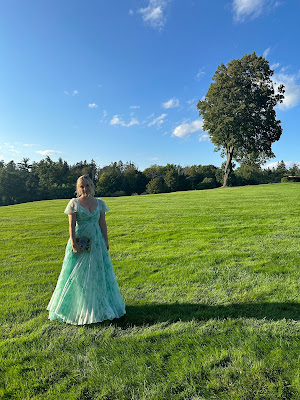Welcome back to my Writers’ Questions series, where I write blog posts answering authors’ and aspiring authors’ top questions related to the craft and business of writing, drawing upon my own personal experience. This week I’m writing about how generative artificial intelligence is changing the industry. Search engine data and IRL conversations I’ve had over the last few months demonstrate that there are lots of questions out there about AI, but, for authors, many of these boil down to just one: “how worried should I be?” My answer (at least for right now!) is, “Don’t sweat it.”
Many fiction writers love to cling to the traditional and familiar. After all, we’ve chosen to write novels in an age dominated by short-form video content. And in the past few years I’ve heard people prophesy the death of the novel due to Amazon, e-books, audiobooks, Netflix, social media, self-publishing and more. Yet, people are still reading, and great books are still getting written. New formats and publishing possibilities have complicated, but not killed, the business, and successful writers have learned to evolve with the times. I believe the advent of accessible generative AI tools will have a similar impact. So here are a few reasons I advise you not to worry.
Bots write in cliches
The AI bots out there currently, like ChatGPT, parrot material they’ve been trained upon. What this means in practice is that they are typing/talking (if not walking) cliches. If you’re using an AI tool to help you plot your novel, I’d almost advise you to write the opposite of what it comes up with. Otherwise, you’re likely to end up with an outline so trope-filled your readers will be rolling their eyes.
AI tools avoid the negative
The makers behind the best generative AI tools out there are sensitive to PR disasters (remember when that bot on Twitter became a Neo-Nazi in under 24 hours?). What this means is that bots are often trained not to give answers that skew towards the dark side. However, pain is at the heart of great fiction. Ever heard that old adage about putting your main character up a tree and then throwing rocks at him? Yeah, an AI bot is less likely to do that and any fiction it produces will be poorer for it.
AI can be your assistant
Even as a fiction writer, there’s a lot of non-fictional material you need to write, e.g., marketing copy, email newsletters, and author biographies of many different lengths. An AI tool could help you speed up some of these tasks, letting you get back to what you’re best at—using your imagination. Just note that if you’re using an AI tool for research, double check anything it tells you, as the bots are known to “hallucinate” (i.e., give you information that isn’t true!).
Your voice is unique
The best novels have voice, meaning they don’t sound like anything that’s been written before. So even if another writer had exactly the same plot idea as you—or someone fed that idea to ChatGPT—the final product would be very different. This is the beauty of writing and so, if anything, I hope the age of AI makes fiction writers step up our game. There are still questions that need to be answered (e.g., how to ensure AI tools don’t plagiarize published authors’ works and that writers are properly compensated if their intellectual property is used in “training”), but right now we have our humanity and our voices on our side. Trust me, this blog post is MUCH more entertaining than the response ChatGPT gave me when I asked it to answer the title question. Why don’t you try it for yourself and see?
Let me know what topic you’d like to see me tackle next as part of my Writers’ Questions series. You can get in touch here, on Facebook, on Instagram, or by tweeting @SVictorianist. Want regular updates on my writing and me? Sign up for my monthly email newsletter here.


